Keywords: Private Schools
-
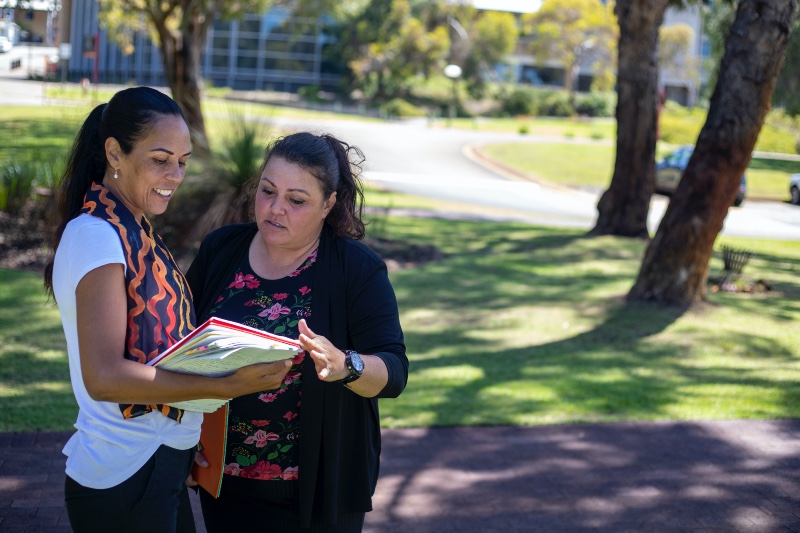
RELIGION
- Garry Deverell
- 18 May 2021
19 Comments
It is no coincidence that white ‘settler’ theology in this country has barely begun to engage with Indigenous people. Arguably, it has only begun to do so because the Indigenous citizens of the churches have begun to cast off the imaginative shackles made for us by our white gubbas and find our own voice.
READ MORE 
-
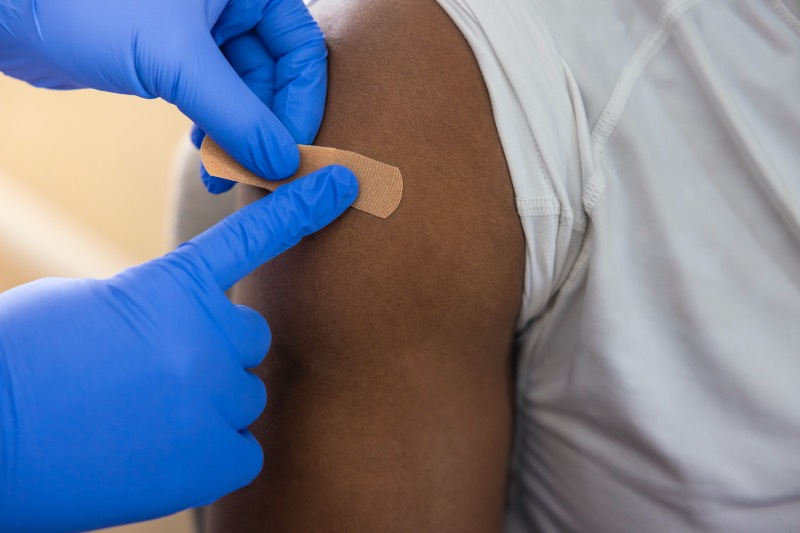
INTERNATIONAL
- John Watkins
- 20 April 2021
6 Comments
The stark differences between Australia and Papua New Guinea during this crisis are a reminder of how far we still have to go to make sure that all humans, no matter where they’re born, have access to decent healthcare.
READ MORE 
-
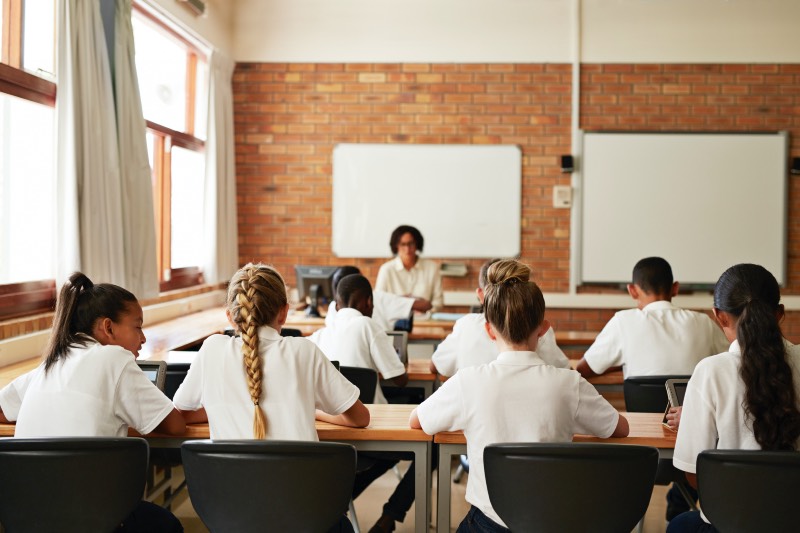
EDUCATION
- Chris Middleton
- 02 March 2021
28 Comments
We need to encourage parents to have these conversations with their children, and earlier, around Years 8 and 9, rather than later. And I suspect we need to encourage boys to talk more with sisters, girlfriends, friends who are girls and good mates about consent.
READ MORE 
-
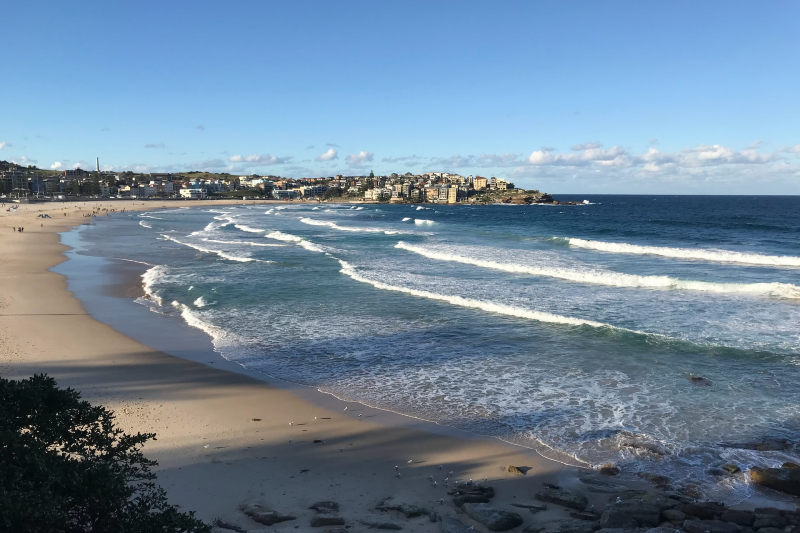
AUSTRALIA
- Cristy Clark
- 22 October 2020
4 Comments
It would be really easy to ‘both-sides’ these debates, but that would present a false equivalence. Surely, if we have learned anything from this year’s lockdowns, we should have gained a far greater appreciation of the importance of community access to outdoor space — and, therefore, of spatial justice?
READ MORE 
-
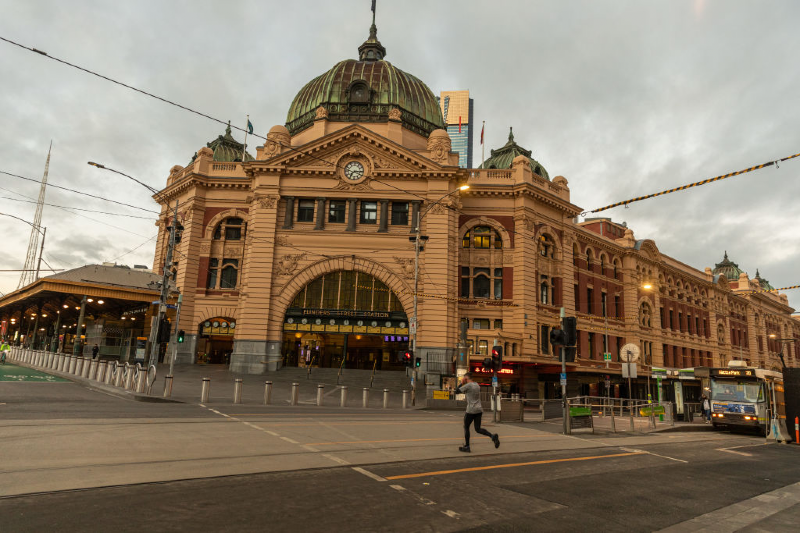
AUSTRALIA
- Justin Glyn
- 25 August 2020
7 Comments
The pandemic has lit up the areas in which our neoliberal economies are basically unfit for the purpose of providing healthy and safe environments — whether it be privatised aged care homes and quarantine services or ‘the gig economy’, which forces sick people to ‘soldier on’ infecting people as they go. One area that has been rather less considered, however, is disability.
READ MORE 
-
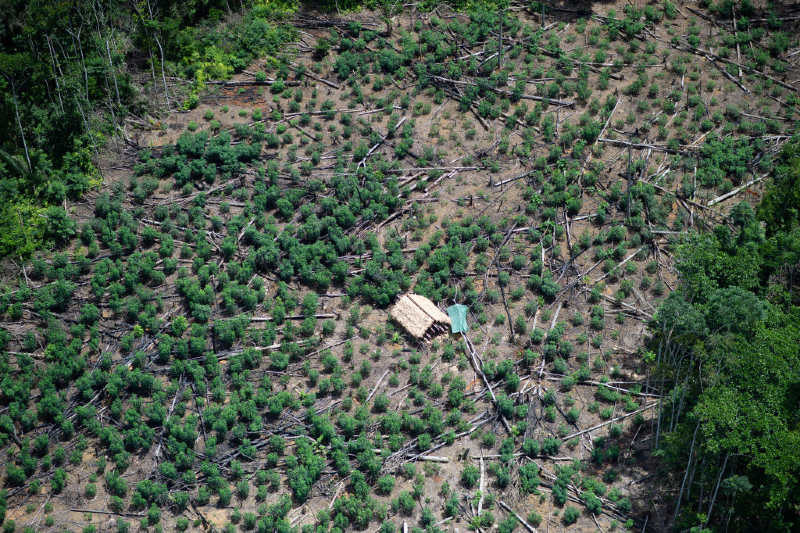
ENVIRONMENT
- Bree Alexander
- 06 August 2020
1 Comment
While the world is largely focused on COVID-19, a recent report from Global Witness revealed that murders of land and environmental defenders, defined as people who take a stand for land and environment in a peaceful manner, reached a high in 2019.
READ MORE 
-
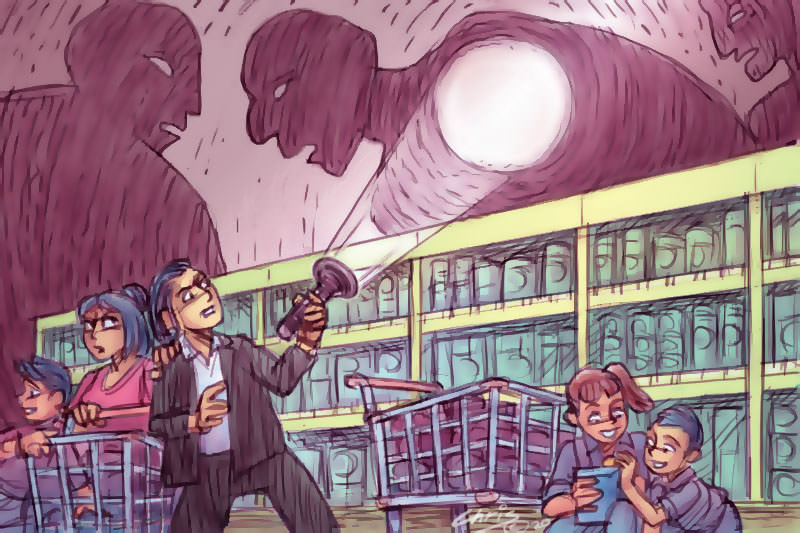
AUSTRALIA
At the fringes of the legal system, there are areas of work you probably won’t read about in law school career guides. Many of these deal in trauma or poverty. They are substantial, but they aren’t celebrated or pursued by the mainstream of the profession. They generally attract neither money nor prestige, and in many cases the ‘market’ fails to provide paid jobs of any sort, irrespective of need.
READ MORE 
-
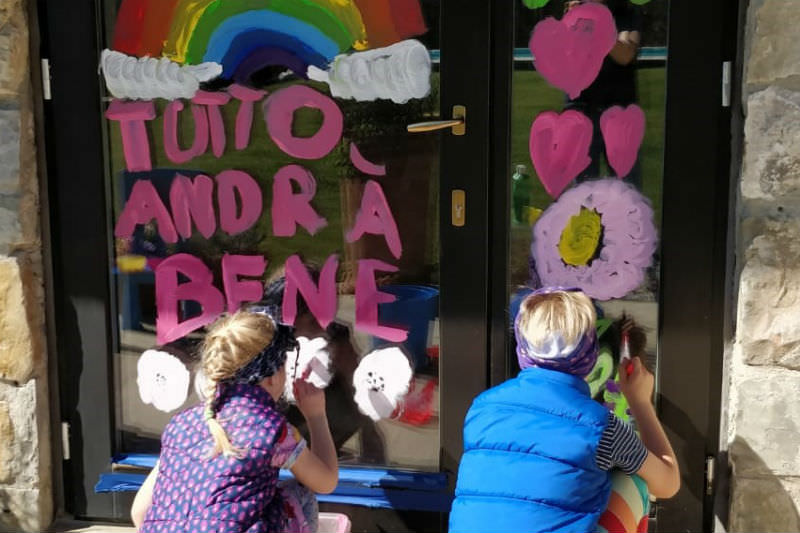
INTERNATIONAL
- Marta Achler
- 16 April 2020
2 Comments
The internet and the online spaces are indeed becoming our lifeline for expression and assembly. This lifeline is under threat and deserves much more protection than it currently has under international law. We now have an immediate opportunity to remedy that.
READ MORE 
-
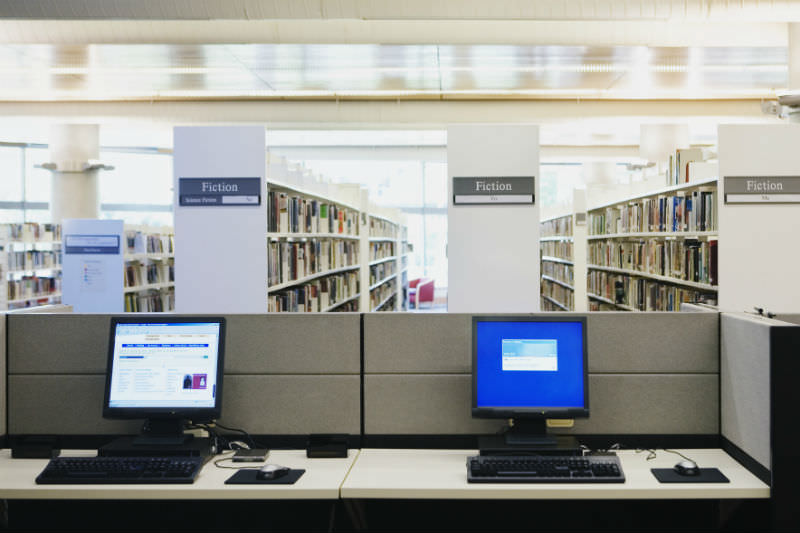
EDUCATION
- Nicola Heath
- 27 March 2020
9 Comments
A laptop or tablet and the internet are not universally available to Australian students. In 2016-17, 1.25 million Australian households lacked the internet home connection that’s required to make full use of online learning platforms like Class Dojo, where my daughter’s class is congregating during the coronavirus lockdown.
READ MORE 
-
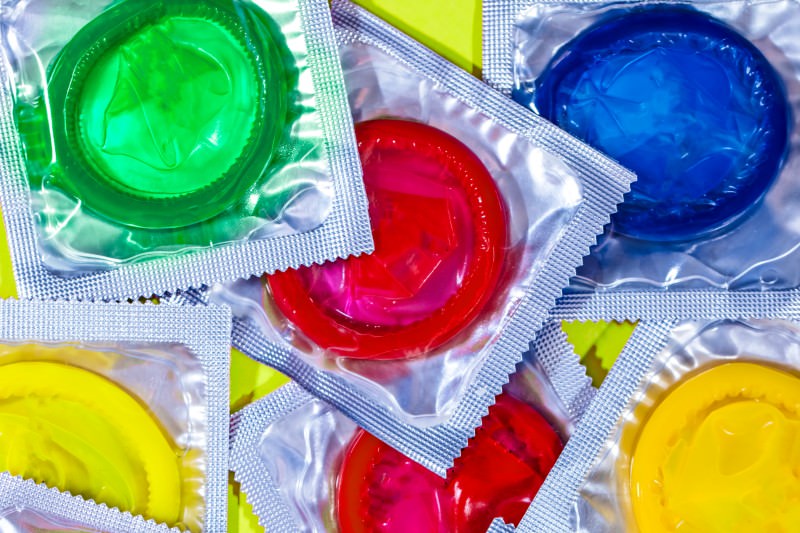
EDUCATION
- Sol Kochi Carballo
- 20 January 2020
12 Comments
If you're a teacher, acknowledging that you most likely have an LGBTQ student can give a whole new sense to your sex-ed lessons. It means you understands you're not just teaching straight kids about gay sex, but helping the queer teen in your classroom make smart decisions.
READ MORE 
-

ARTS AND CULTURE
- Gillian Bouras
- 02 September 2019
9 Comments
Those were the days when children could expect to have their mouths washed out with soap and water if they uttered certain words. Fast forward quite a few years: once I got the hang of Greek swear words and realised my children were using them, I rejected the idea of soap and water, but began a system of fines.
READ MORE 
-
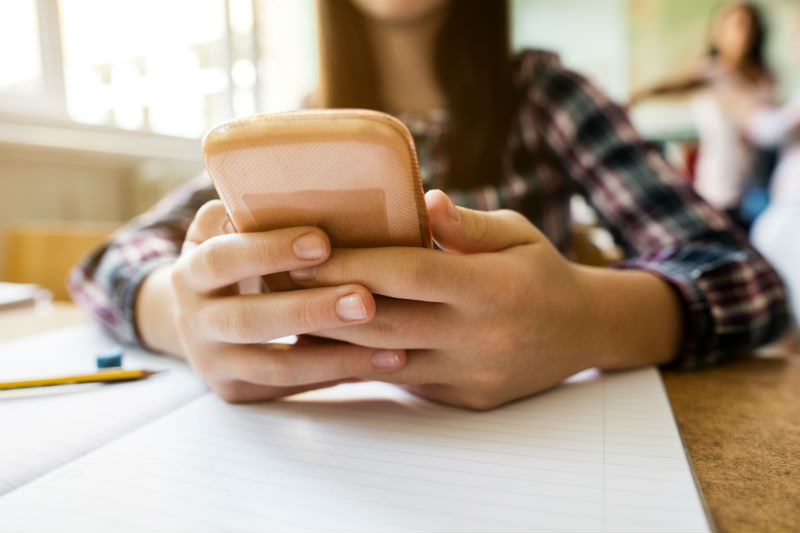
EDUCATION
- Ann Maria Sabu
- 03 July 2019
4 Comments
I did not need to put in much effort to imagine what such a ban would feel like. I have already experienced more rigid when I studied in Dubai and in India. I used to witness more interaction among students and more studious class environments in these places than what I do now in a private Victorian secondary college.
READ MORE 